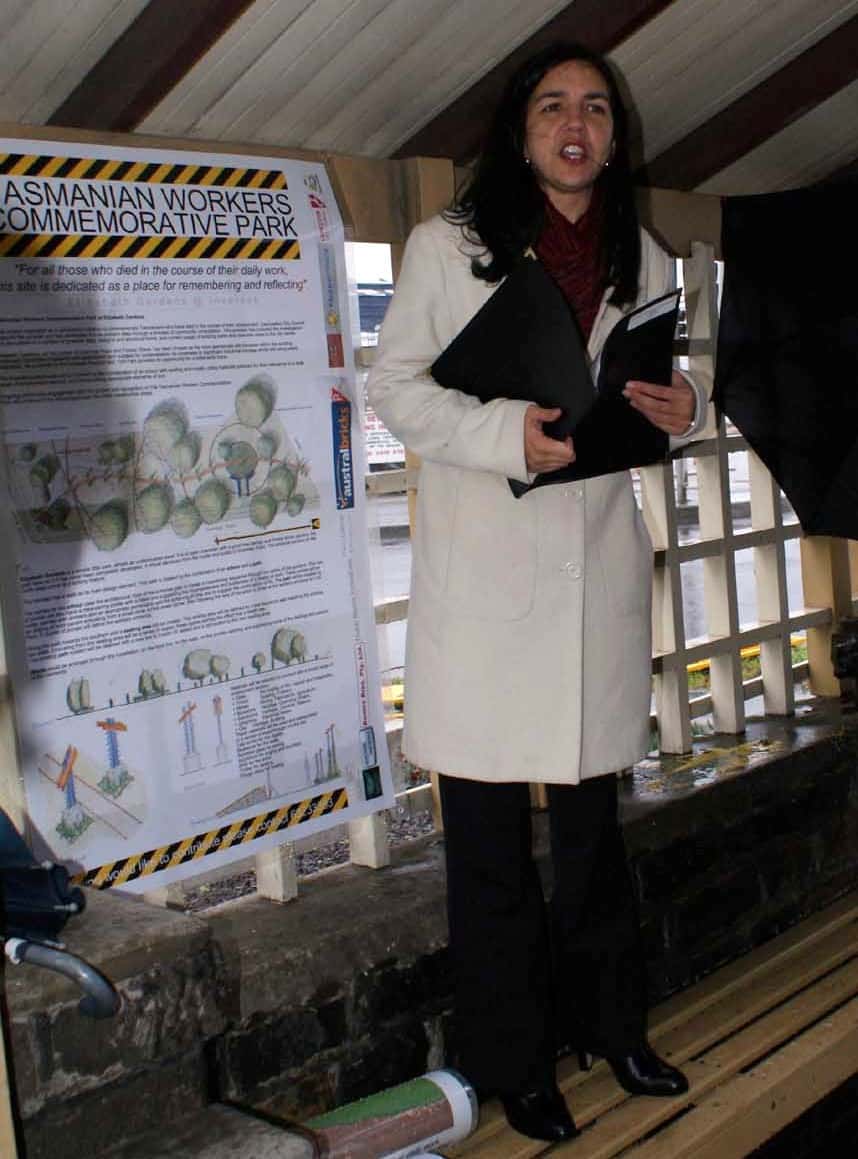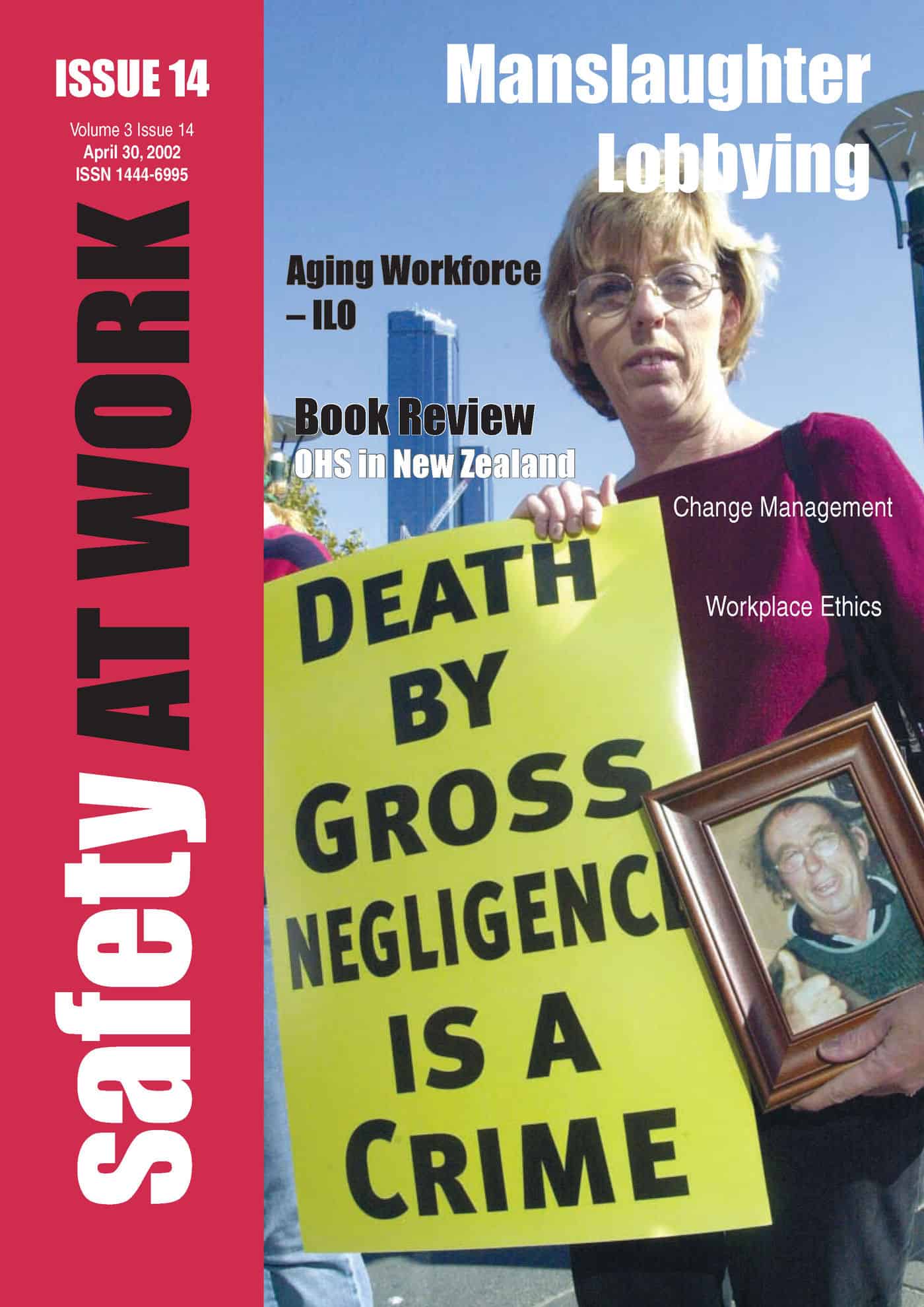On 14 September 2009, the Australian Council of Trade Unions (ACTU) released a series of radio advertisements that call on the government to not reduce the occupational health and safety conditions of Australian workers.
An article about the ads with interviews with the major political players is available on ABC Radio for a short time.
Conflict
There are several issues raised by the ads and the interviews. Jeff Lawrence of the ACTU says that the new harmonised OHS laws will reduce conditions across Australia. For “across Australia” read “New South Wales”. The proposed OHS laws will create the most change for unions in New South Wales. This state had the most extreme duty of care in any State and always had the most to give up. This was always going to be the point of conflict.
Consultation
The ads can also be seen as an admission that the in-house tripartite negotiations are not going the way the union movement wanted. The Australian Government has persisted with the tripartite consultative structure for OHS. Each party – government, unions and employers – are supposed to have an equal(ish) say in changes to the OHS law. The new radio ads, and the recent street protests, could indicate that the unions are not being listened to to the extent they wanted.
It could be that the union movement want to add colour and movement to the negotiations but it is an expensive method and one that does not have the same traction as their Your Rights At Work campaign that contributed to the fall of the conservative governemtn of John Howard, regardless of what the advertising sellers say.
The government of Prime Minister Rudd was always seen as sympathetic to big business. This is a legacy of the consensus politics of the Hawke/Keating period. The traditional voter base for the Labor Party has been eroding for years and the only way it has been able to retain or regain government over the last 25 years has been to broaden its appeal to the middle classes.
A great example of this was the fall of the government of Jeff Kennett in Victoria. The Labor Party began wooing the rural conservatives, a sector that Kennett had almost dismissed (except for the occasional search for the best vanilla slice). This action undercut the Liberal Party and National Party heartlands.
The ACTU is also trying to talk with the heartlands of workers but it needs to assuage concerns about the industrial relations changes. The community is fearful that the unions are asking for too much. The Government is aware of this and that is why the mantra of the Prime Minister and Industrial Relations Minister, Julia Gillard, is all about “restoring the balance”.
Reporting
The radio report this morning also indicates a deficiency in the Australian media. There are no reporters in the mainstream media who specialise in OHS. That’s understandable as OHS is often a niche area, a subset of industrial relations. But this also means that OHS is always considered in terms of industrial relations because this is the information base from which reporters and journalists draw.
This is noone’s fault, in particular, but as you listen to the radio podcast, the IR “tone” is always there, both in the journalists and the subjects interviewed.
Perhaps the media sees no value in OHS without the IR perspective. Perhaps it is because today’s report was always going to be about industrial relations with an OHS twist. If this is the case, where are the OHS advocates who can comment without industrial relations baggage? Where are the humanists, the realists, where is the OHS voice?



 The policy has been allowed to fade from the books of most of the Australian left-wing parties but for a while, corporate manslaughter was THE issue. In fact over the last 10 years, it has been the only time that directors and CEOs from thousands of companies have paid serious attention to safety management.
The policy has been allowed to fade from the books of most of the Australian left-wing parties but for a while, corporate manslaughter was THE issue. In fact over the last 10 years, it has been the only time that directors and CEOs from thousands of companies have paid serious attention to safety management.